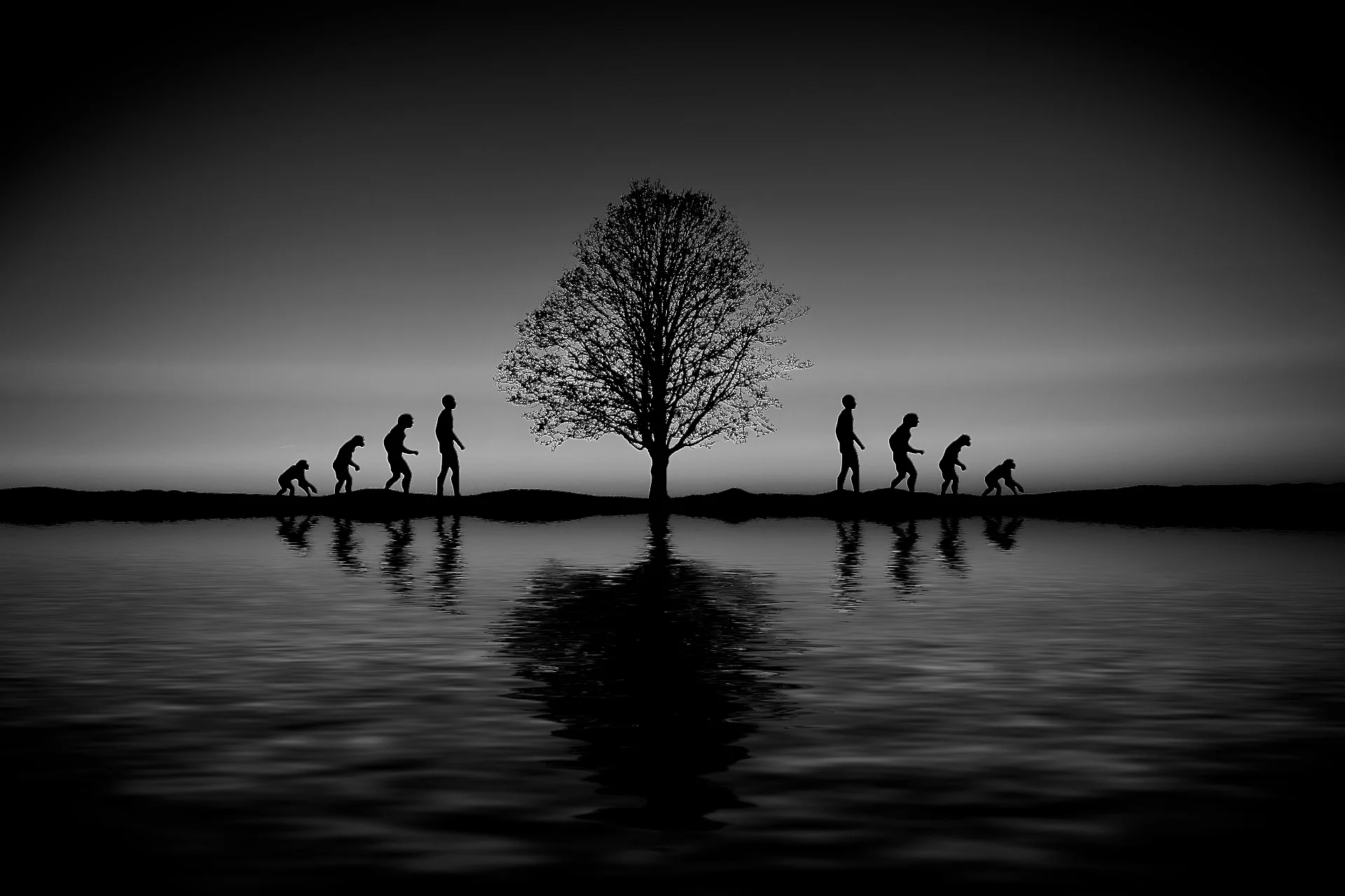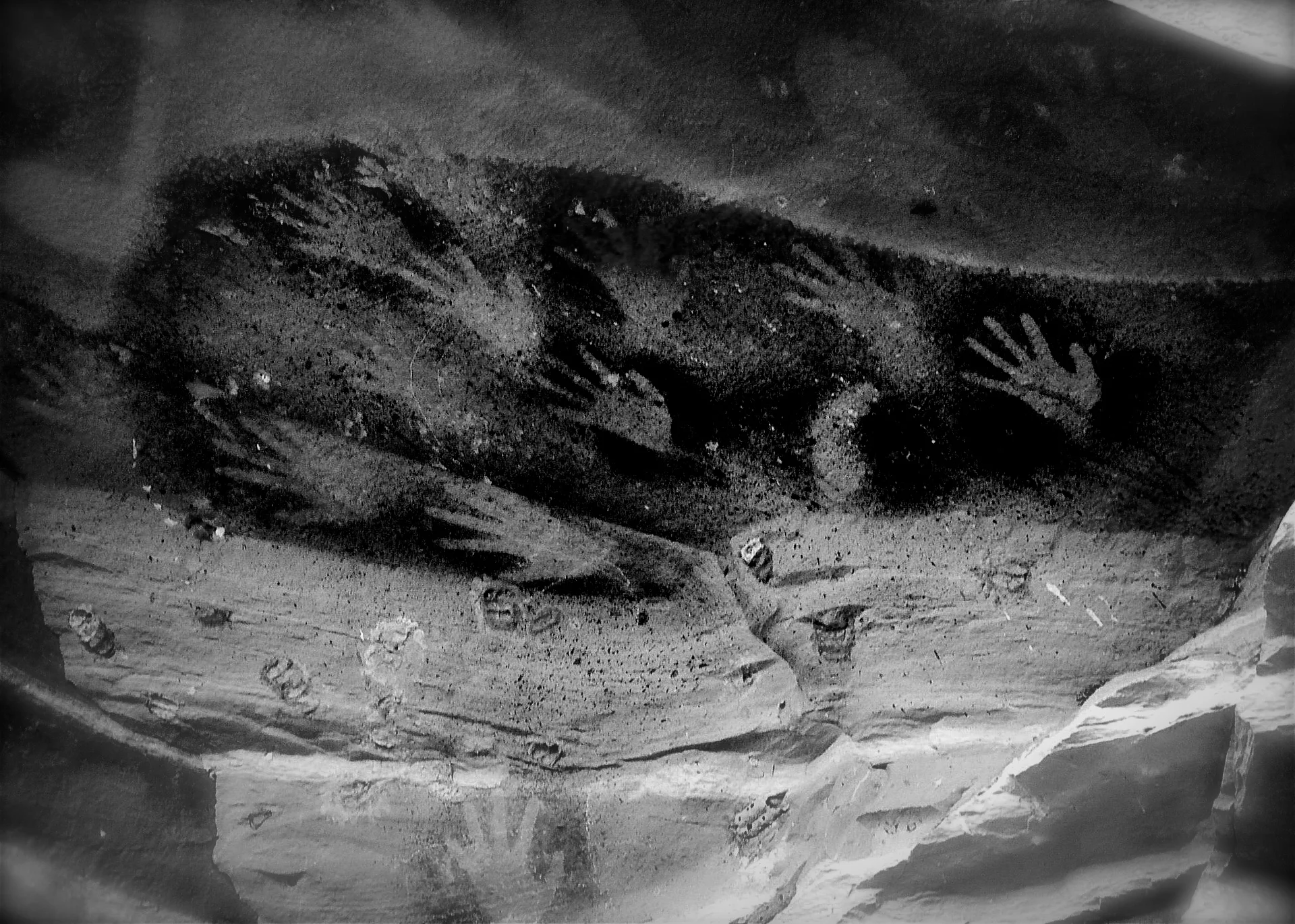“Science knows no country, because knowledge belongs to humanity, and is the torch which illuminates the world.”
A spate of recent discoveries in genome research and the evolution of early humankind has prompted a radical rethink about our origins, everything from the discovery of a skull in Greece thought to be 210,000 years old — suggesting that modern humans reached Europe 150,000 years earlier than first thought — to the discovery of the remains of a previously unknown human cousin, Homo naledi, in a cave in South Africa.
New discoveries aside, some theories that purport to explain how we became human have stood the test of time — so far.
We manufacture tools.
“The manufacture of tools is a particularity of man,” the anthropologist Kenneth Oakley wrote in 1944. Apes use the objects they find, too, but “modelling sticks and stones for a specific use was the first recognized … activity” of human thinking.
In the early 1960s, the palaeontologist Louis Leakey attributed the origins of toolmaking — and by inference, humankind — to an early ancestor of humans he named Homo habilis (Skillful Man) who lived in East Africa about 2.8 million years ago.
Primatologist Jane Goodall would later observe that chimpanzees also modify branches or trees, to use to dig insects out of the ground with, which suggests that toolmaking may in fact predate human evolution.
Even so, the ability to modify existing tools and make new ones is still considered to be one of the signatures of human thought.
We are murderers, and yet we share food.
The anthropologist Raymond Dart hypothesized that our ancestors differed from apes in that they were assassins who killed their own, for profit and for greed.
This thinking of the 1950s shifted somewhat in the 1960s, when the anthropologist Glynn Isaac proved, using unearthed evidence of animal carcasses, that freshly killed food was deliberately moved from where it died to place where the entire community could share in the meal.
We cast stones.
The archaeologist Reid Ferring posits that early humans “began to humanize” when they developed the ability to throw rocks with great speed and accuracy.
Ferring uncovered evidence at a 1.8 million-year-old site in Dmanisi, Georgia that suggested Homo erectus honed their stoning efforts to scare away bigger, stronger scavengers that threatened to steal their food.
“The (people) of Dmanisi were small,” Ferring explains. “The area was full of big cats. How were the hominins going to survive?”
Interestingly, anthropologists have since agued that “public stoning” contributed to socialization, because to be successful, the strategy required group effort.
We cook food.
The bigger the brain, the more energy it requires to thrive. Grey matter demands 20 times more energy than muscle.
Researchers now believe the human brain would never have evolved with a strictly vegan diet. Our brains grew in size two- to three million years ago, as our early ancestors began to consume meat, a source rich in protein and fat.
Anthropologist Richard Wrangham advanced that theory by noting that cooking food — an “exclusively human behaviour” — requires less energy to chew or pound meat and facilitates the digestion of food, which in turn sets aside more energy for use of the brain.
“In the long run, those brains developed enough to make the conscious decision to become vegetarians.”
The circle of life, you might say.
We walk on two feet.
Many anthropologists believe “the point of inflection” at which apes became human was when our ancestors came down from the trees and started to walk upright.
Interestingly, given the events of recent times, many proponents of the so-called “savannah hypothesis,” believe the move could have been triggered by climate change.
As Africa, once a green biome of tropical forests and inland seas, began to dry out and become predominantly grasslands, around three million years ago, survival favoured those who could see and move about on flat terrain, where water and food were only to be found in secluded places.
Survival of the fittest = adaptability.
There’s a growing belief, shared by Richard Potts, director of the Smithsonian’s Human Origins Program, among others, that several changes in climate influenced human evolution, rather than a single event.
The emergence of Homo lineage, three million years ago, coincided with dramatic fluctuations between humid and dry climates. Natural selection favoured primates that could face constant and unpredictable changes.
Adaptability is one of the defining character markers of human beings, and is the reason humans have survived — so far — where countless other species have perished.
Of course, all that was then, this is now. And the future may look very different.


